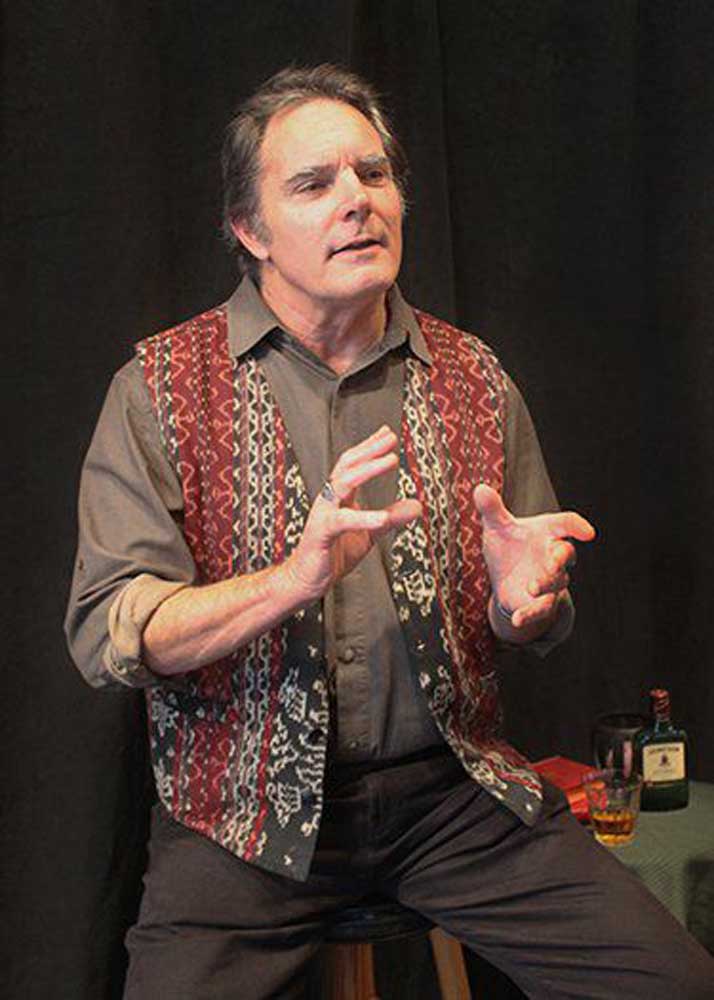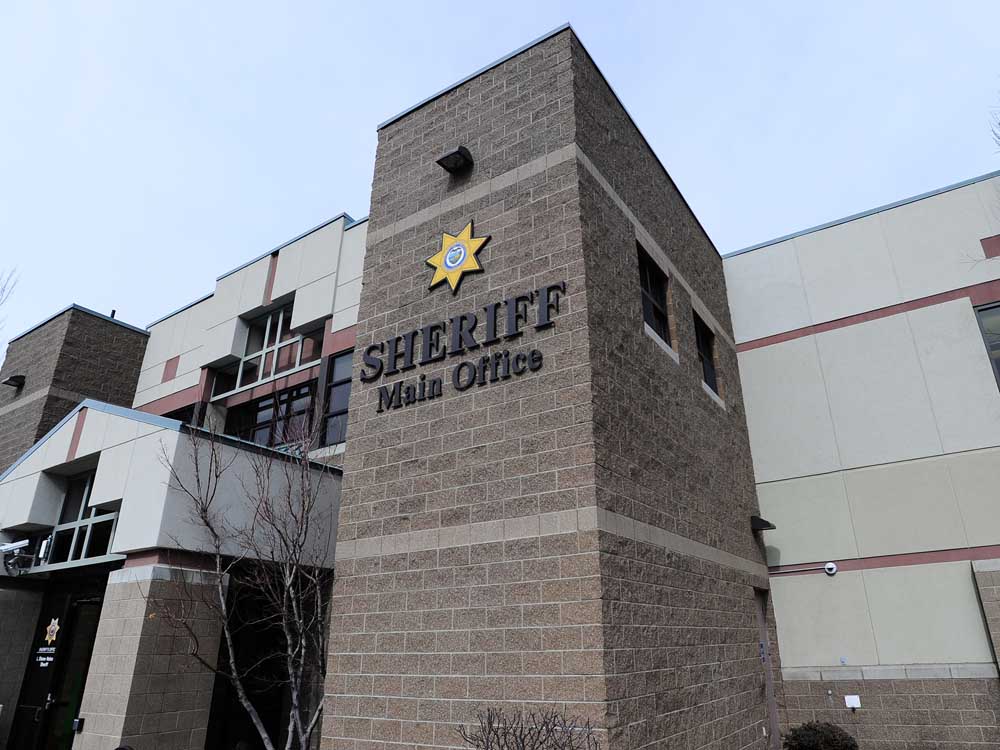Q&A with storyteller Will Hornyak
Published 12:00 am Thursday, March 22, 2018

- Submitted photo
Who: Portland storyteller William Hornyak will present “Waking Finn Mac Cool: Tales of Ireland’s Greatest Poet Warrior.” Hornyak has also lived a story-worthy life: He’s worked as a fisherman, farmhand, carpenter, university instructor and — perhaps coolest of all — newspaperman in South America. Hornyak will hit the stage at 7:30 p.m. Saturday at 2nd Street Theater, 220 NE Lafayette Ave., in Bend, and promises it to be a lively evening including music and poetry. Tickets are $15. Hornyak will lead a 9 a.m. storytelling workshop Sunday at a private studio in Bend (email bendstorytelling@gmail.com for details). Workshop cost is $25, or pay $35 for both the performance and workshop (use promotion code MacCool) at bendticket.com.
Q: Can you tell me about Finn Mac Cool?
Trending
A: Finn Mac Cool is a legendary character. As one Roman historian said it long ago, “The myths never were, but always are.” But he attracted my interest because he’s this legendary poet and warrior. He was the leader of a small band, which was Fianna. They lived by the old code, which was “Never give a sword to a man who can’t dance.” As well as being tremendously ferocious and skilled fighters, to be a member of that band, they had to know tomes and poetry and lots of the old stories.
Q: Poetry must have had more respect in those days.
A: (Laughs) Yeah, having eloquence with language was considered important, but also one of the reasons that poetry was important to the Fianna was that they believed there was nothing more intoxicating than swordplay and battle and bloodshed. It would be very easy for a man to come to love swordplay and the battlefield more than his own hearth fire. And so they believed that by learning poems and being able to recite poetry and knowing the old stories, that would help temper a man’s spirit.
Q: Can you tell me about Sunday’s workshop?
A: I tell a lot of traditional myths and fairy tales. I always say that a good myth when it’s told feels to some extent like a personal story. I help people take material, traditional stories, and render it in a way so that it feels like it’s coming from their own voice, and it feels like it’s their own story. Sometimes myths aren’t as easily accessible as a personal story, but I try to help people find the myths that really speak to them, that feel like they have a personal connection to them.
Q: Was there a storyteller who was a mentor to you?
Trending
A: I have many, but one of the principal ones is Michael Meade. He’s a brilliant storyteller and mythologist who lives on Vashon Island near Seattle. (He has) worked with a lot of marginalized populations, returning vets, prisoners, ex-prisoners … (and) has shown me how mythology can help people find the story of their own lives again.
Q: You’ve had so many interesting jobs. How did you go from doing all those things to becoming a storyteller — or were they instrumental in your becoming a storyteller?
A: Yeah, very much so. You know, I wasn’t good at any of them, so I just kept moving from job to job (laughs). No, I’ve always enjoyed variety. I’ve always loved physical work as well as the world of ideas. I started out as a newspaper reporter and did that for a while (in Latin America). While I was there, I started to get interested in poetry and folk music and started to write short plays. Then I came back to the states and earned my living as a carpenter. I heard my first storyteller when I was 30 years old. As soon as I heard a real storyteller, I just knew immediately that was something I wanted to do.
— David Jasper, The Bulletin








